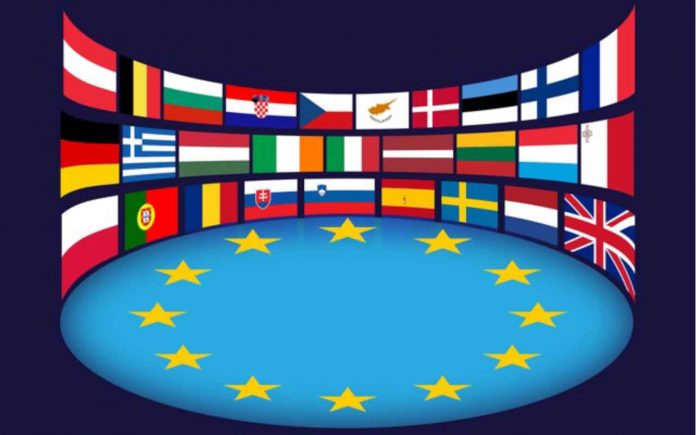
The political economy theory (PET) known as an amalgam of different social and economic sciences. It doesn’ts solely interpret economy as means of money flow but also looks for its dynamic relation between government,citizens and policies. Political scientists and also economists explore how defined economic systems (known as capitalism, liberalism, communism etc.) implemented in actual economies. Considering any theory in this domain, they similarly work as a system that exchanges limited resources with one another which can take forms of borrowing, lending, investing, etc.
Background of PET
In a more general sense, the discipline that is today known as economics was historically more often referred to by the name political economy (PE). In late 1900s, since existing statistical techniques for studying economic issues have become more comprehensive, the word “economy” began to be used instead of longer-term economics.
The exploration and management of survival in social life is one definition to purpose, but a considerably broader and more ambitious term is the study of PE. In this context, “control” refers directly to the internal structure of individual and group members, while “survival” refers to the mechanisms by which individuals and groups generate what is necessary for themselves to reproduce. The social structuring of interactions within a society is an essential component of control mechanisms, which makes them generally political. The mechanisms of survival are economical since they involve the creation of what is required for a society to be able to reproduce itself. The power of this description lies in the fact that it allows political economics to include not just all activities involving humans but also, to a certain extent, all procedures involving biological matter.
Constituents of PE Theory
Within the realm of theory, political economics may be broken down into two distinct subfields: classical PET and modern PET. The writings of thinkers like Karl Marx, Adam Smith, and Machiavelli are dissected and analyzed in the field of classical PE. Otherwise, the study of modern PE focuses on the writings of contemporary philosophers, political scientists, and economists such as Milton Freidman, John Maynard Keynes, and Friedrich Hayek.
The study of political economics theory is inspired by game theory because it includes several parties fighting for limited resources and power to determine which policies would give the most advantageous outcomes. Additionally, it is connected to the capacity of the economy to accomplish the goals that have been set.
Which Varieties of PET Are There?
Socialism, Capitalism, and Communism are the three distinct varieties of political economies. Socialism asserts that all production and wealth should be regulated and distributed by society, whereas Capitalism and Communism hold that private owners should control a nation’s industry and trade for profit (the theory where all property is publicly-owned and everyone works based on their own needs and strengths).
The study of political economics theory primarily concentrates on the following three main areas:
An interdisciplinary approach
A political economy is an approach to studying economics, sociology, and political science from the perspective of an interdisciplinary approach. The goal of this approach is to comprehend how economic systems, political organizations, and the environment influence and affect each other. Studying economic models of political procedures, the international political economy and how it influences international relations, and the allocation of resources in various economic systems are the three fields that fall under the umbrella of interdisciplinary research.
The new PET
The new political economy area views economic policies, not as a framework that has to be evaluated but instead as a belief or action that should be further addressed. It brings together the tenets of traditional economic thought with contemporary developments in the fields of politics and economics. The strategy rejects outdated assumptions about agencies and the interests of governments and markets, and its primary objective is to promote political dialogues about the aspirations and needs of society.
The theory of international political economy
This field of research, which is often referred to as global political economy, investigates the connection between economics and international relations. It employs concepts from the social and political sciences as well as economics. The study of international political economics focuses on how nations and organizations utilize economic relations on a global scale to influence political systems.
In conclusion, political economists are particularly interested in the profits and losses that are experienced as a result of the adoption of a particular policy. They can determine which groups favor the program and which organizations oppose it based on this information. In addition to this, they investigate how people might improve their usefulness by becoming involved in political activities.
Sources:
https://www.investopedia.com/terms/p/political-economy.asp#:~:text=our%20editorial%20policies-,What%20Is%20Political%20Economy%3F,work%20in%20the%20real%20world.
https://www.tandfonline.com/doi/full/10.1080/1331677X.2020.1761854


